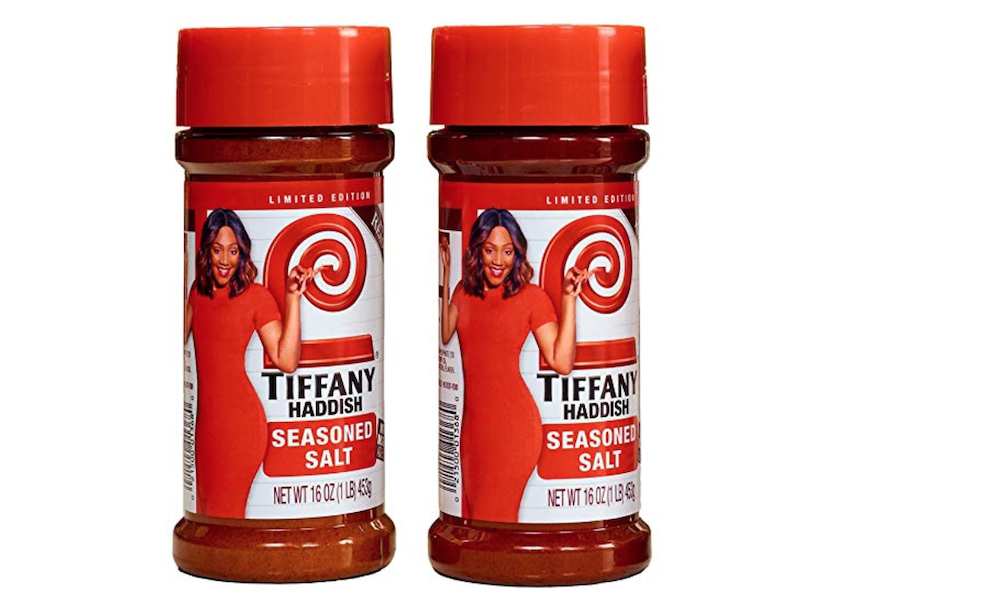The fifth season of W. Kamau Bell’s award-winning CNN series, United Shades, premiered Sunday night. I wrote a little bit about Bell and his program for my weekly installment in things to see and experience for the Friday Weekend Arts section of The New York Times.
Bell and his crew have won the past three consecutive Emmy Awards for Outstanding Unstructured Reality Series. For good reasons.
This weekend’s episode asks: “Where Do We Even Start With White Supremacy?”
But if you catch up on the first four seasons of Bell’s docuseries (they’re all available on HBO Max, or clips aplenty on CNN’s website), then you’ll see he’s been digging into this question from the debut in April 2016.
That debut is on YouTube for free for all to see.
Even in the months before Trump upended our electoral democracy, Bell showed us how the KKK was thriving in rural corners of America, meeting Klan members at night on a dirt road outside of Wynne, Ark., or during the day before a cross-burning ceremony in Dawson Springs, Ky. He also took us along for a prolonged visit with the folks of Harrison, Ark., where the chamber of commerce worked at odds with white nationalists who operated an online news service broadcasting their hopes for an America that’s only open to white Christians.
Doesn’t seem very Christian, does it?
But that’s the point of Bell’s series, revealing America to Americans who’d rather not know about the plight and promise of all of its citizens. That first season also found Bell spending a week with the police force in Camden, N.J., four years before we all started re-examining our police budgets and policies.
He wasn’t asking anyone to “defund” the police. Rather, as Bell said and residents told him: “We want cops in our neighborhood. We just want the good ones.”
In season two, Bell visited Puerto Rico in the months before Hurricane Maria wreaked havoc on the island, exposing our conflicted history with Puerto Ricans over the past century.
The third season included individual episodes devoted to our neighboring countries of Canada and Mexico.
And in last year’s fourth season, an episode “Not All White People” focused on white activists such as John Brown Gun Club who use their Second Amendment Rights to defend Black lives and activists. Bell sat down with a woman who identified as Antifa and explained the movement’s motives. He also met with Alicia Garza of Black Lives Matter and George Goehl from People’s Action about the need for such groups to work together as “co-conspirators,” and he met with two such men who joined Black Panther efforts with Patriot Party activists back in the 1960s. The episode culminated with a protest outside a neo-Nazi tattoo shop.
Milwaukee local TV news couldn’t help but notice when Bell put CNN’s spotlight on that Wisconsin city for his “#LivingWhileBlack” episode last year, talking to locals (among them, Oscar-winning filmmaker John Ridley) about the underlying historical conditions that have made that metro area so racially segregated.
Go back and watch any past episode of United Shades of America with W. Kamau Bell and you’ll see how we’ve been living with these issues for years, for generations, and in some cases, for the entire history of America.
I come back to something I wrote for Decider.com when reviewing Bell’s 2018 stand-up special, Private School Negro:
By traveling to towns big and small for his comedy and TV jobs, Bell has realized that the real problem is that most communities believe they’re living in the one true America while everyone else isn’t. And that’s the fundamental underpinning beneath our divided America today.
If only we’d wake up and see the lives of our neighbors, then perhaps we could unite once more, or truly for the first time.



